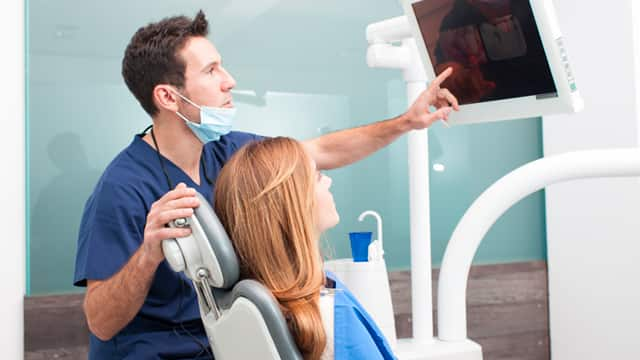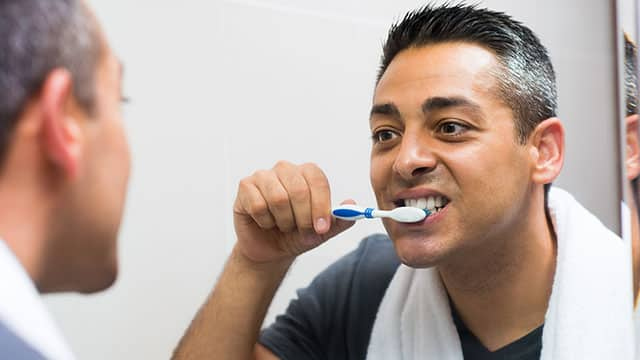What is an MRI?
An MRI machine produces strong magnetic fields in a confined area to penetrate tissues. A computer program then creates images of the brain, heart, or other areas.
MRIs can be used to examine various soft tissue and organs. Your doctor might prescribe one to scan for a tumor, check your heart chambers' health, or assess the damage from a stroke. The great advantage of this non-invasive imaging is that MRI scanning does not expose a patient to the radiation used in CAT scans and radiographs.
Dental Implants and Biocompatibility
A dental implant can replace a single tooth, rebuild multiple teeth, or anchor a denture. Over the last century, various dental materials, such as zirconia, titanium alloys, and polymers, have been developed that are biocompatible, meaning they don't inflame or damage tissue and aren't corroded or worn away by the body.
Implants made of titanium and zirconia are accepted by the body and can have healthy bone continuously form around them. The variety of implant options allows patients to have a full set of teeth rather than dentures or bridges.
Metals, Dental Implants, and MRI Scans
Because the MRI machine is essentially a big, powerful magnet, the biggest safety concern is removing all ferromagnetic metal objects from the imaging area. The magnet is so strong it can pull oxygen tanks, wheelchairs, and any metal device implanted in the body.
The medical professional who oversees your MRI will ask for a comprehensive medical history, especially notes on any implants you may have before undergoing any procedure. The Radiological Society of North America provides a comprehensive list of metal components that doctors should check for before administering an MRI, from internal devices like pacemakers and cochlear implants to cosmetic items like piercings, jewelry, and even metallic nail polish.
The titanium, titanium alloy, and zirconia used in most dental implants are not ferromagnetic metals - making it perfectly safe to enter an MRI with them in your mouth. Even so, it's best to alert your doctor that you have dental implants if you need an MRI. Metal objects in the body can still interfere with imaging even if there is a slim chance that they will injure you. You should also tell your doctor about any metal fillings, crowns, braces, or dentures.
Dental implants and MRI technologies continue to advance, which is good news for patients who can benefit from both. Since most implants are MRI-safe, you don't have to worry that the dental treatment you're receiving now will limit your options for medical imaging later.
Oral Care Center articles are reviewed by an oral health medical professional. This information is for educational purposes only. This content is not intended to be a substitute for professional medical advice, diagnosis or treatment. Always seek the advice of your dentist, physician or other qualified healthcare provider.
ORAL HEALTH QUIZ
What's behind your smile?
Take our Oral Health assessment to get the most from your oral care routine
ORAL HEALTH QUIZ
What's behind your smile?
Take our Oral Health assessment to get the most from your oral care routine















